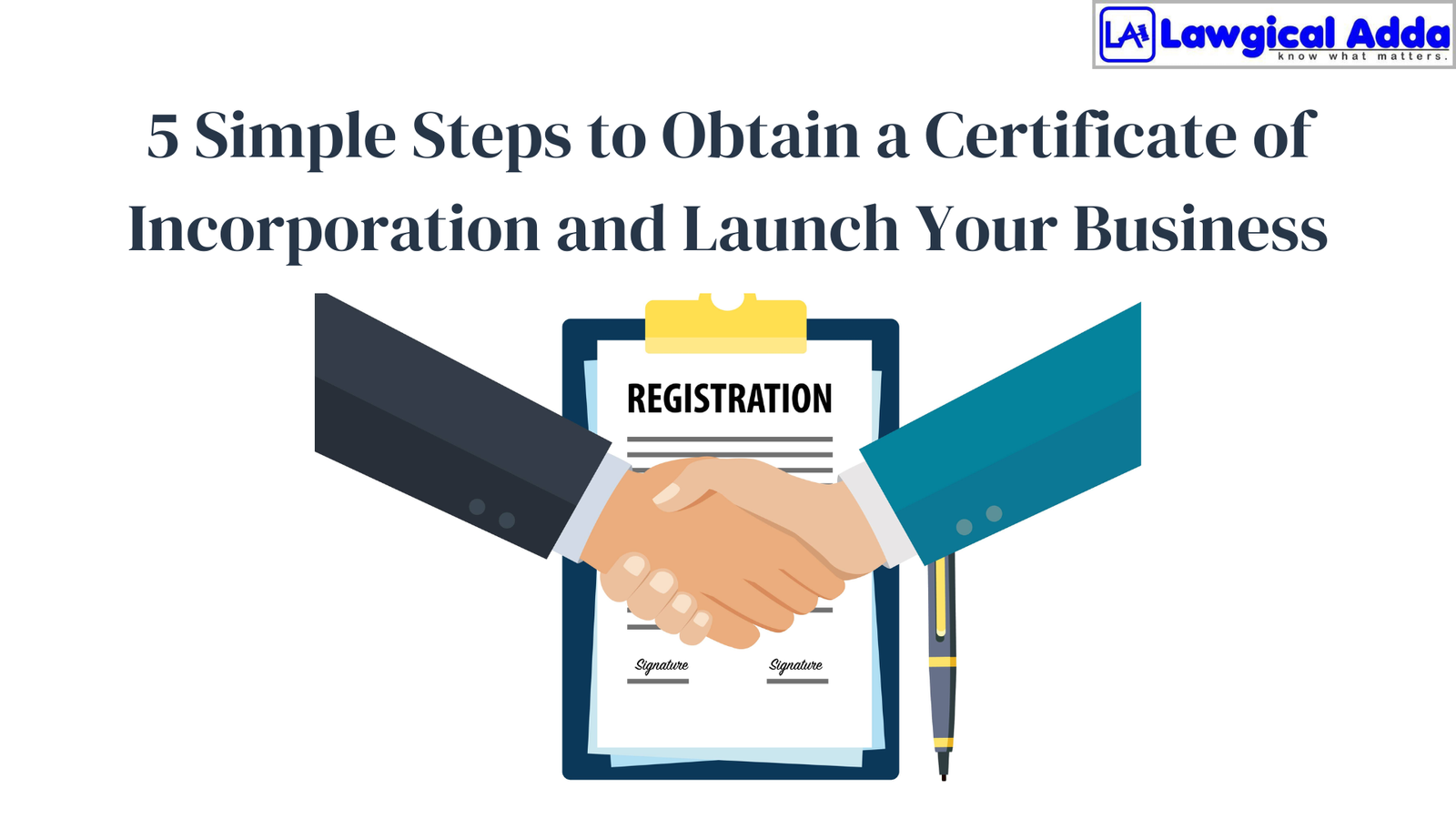Post Incorporation Compliances

Table of Contents
Introduction
According to the Companies Act of 2013, a company must fulfill a number of compliance-related requirements after it is incorporation to stay in compliance. The Directors and the Company may be subject to fines and penalties for noncompliance.
Therefore, it’s critical for individuals incorporating a business to understand the post-incorporation compliance standards of a business.
Board Meetings
Organising the first board meeting within 30 days of the company’s incorporation is one of the first stages in post-incorporation compliance for Private Limited Companies.
This meeting is crucial for establishing the company’s administrative structure, including appointing statutory auditors, creating the bank account, and distributing share certificates.
To ensure continued governance and compliance, the corporation must hold a minimum of four (four) board meetings annually, with a maximum of 120 days separating sessions.
The Selection of Auditors
The appointment of the company’s first auditor is required at the formation of a Private Limited Company. The Board of Directors must designate the first auditor within thirty days of the incorporation date.
If the Board fails to do so, the company’s members must choose an auditor at an extraordinary general meeting within 90 days.The initial auditor will serve in that capacity until the end of the first annual general meeting, as per Section 139(6) of the Companies Act, 2013.
According to Section 139(1) of the Companies Act 2013, the shareholders shall appoint the successor auditors at the annual general meeting.
Bank opening for the business
Creating a bank account in the company’s name is one of the primary tasks following incorporation. A firm can easily create a bank account because it is a legally recognized registered legal entity.
To open a current account in the name of the company, the following documents are needed by the Reserve Bank of India’s KYC guidelines:
- Copy of the Memorandum & Articles of Association and the Certificate of Incorporation, both self-attested
- A board decision to open the company’s bank account
- A power of attorney given to its executives, managers, or staff members to do business on the company’s behalf (if relevant)
- A copy of the letter of PAN allocation
- A duplicate of the phone bill
To open a bank account, submit the necessary paperwork with a corporate seal and a self-attestation. Therefore, it is crucial to get a company seal and letterhead as soon as the company is incorporated.
Share Certificate Issuance
Within two (two) months after the date of incorporation, companies must give share certificates to the subscribers of the memorandum, which serves as the company’s foundation. This attests to their ownership stake in the business.
The share certificate serves as proof of ownership. It contains information such as the number of shares issued and the signature of an officer of the company, which is necessary to exercise shareholder rights.
Registration for GST
The company must register for the Goods and Services Tax (GST) if its yearly revenue is predicted to surpass the total turnover in a fiscal year, which is ₹40 lakhs for most states and ₹20 lakhs for special category states.
This registration is necessary to collect and remit GST on sold goods and services.Businesses with more turnover than the allotted amount must register for GST.An online application for GST registration can be submitted through the GST site.
The incorporation certificate, proof of address, bank account information, and the company’s PAN are among the necessary paperwork.
Submission of Disclosure
At their first Board meeting as directors and then at the first meeting of each fiscal year or if the disclosures previously made are modified, directors of the company report any concerns or interests in any firm or companies.
This disclosure guarantees openness in the company’s management and aids in the identification of possible conflicts of interest. Whenever a director’s directorships change, these disclosures, which are filed with the Registrar of Companies, must be amended.
Maintaining the legal and operational integrity of private limited businesses in India requires strict adherence to post-incorporation compliance.
These guidelines, which include timely board meetings and filing financial statements and yearly returns, guarantee accountability and transparency inside the business.
Noncompliance with post-incorporation regulations can have serious repercussions for Private Limited Companies, such as fines, lost profits, business interruptions, and reputational damage.
Keep your business compliant effortlessly with Lawgical Adda ! From Section 8 Companies to LLPs, OPCs, Private Ltd, Partnerships, and Proprietorships, our expert team handles all your compliance needs. Simplify your legal processes and focus on what matters most. Contact us !







